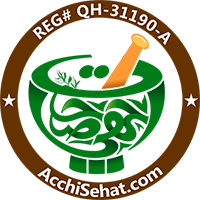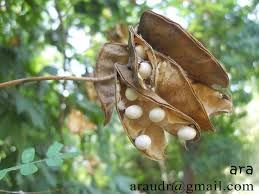abrus precatorius white seeds rati safad
₨ 240
50GM – You can increase quantity during checkout.
ابروس پریکاٹورئیس کے سفید بیج قدرتی جڑی بوٹی کے اہم اجزاء میں سے ہیں۔ روایتی حکمت میں انہیں ہاضمہ، جسمانی طاقت اور عمومی صحت کو بہتر بنانے کے لیے استعمال کیا جاتا ہے۔ یہ خالص اور صاف بیج صدیوں سے مختلف طبی مقاصد کے لیے مقبول ہیں۔
Customer Reviews


